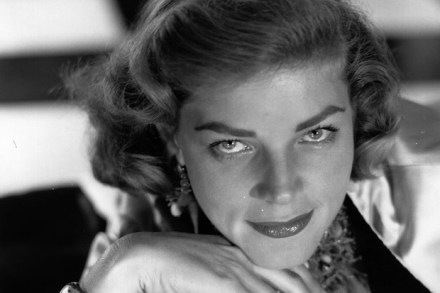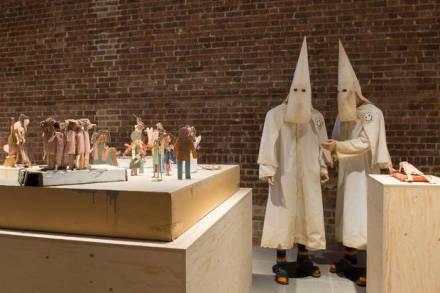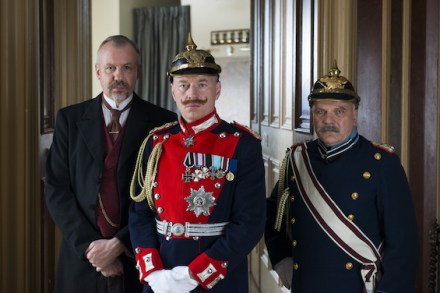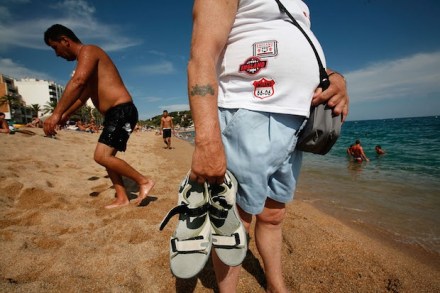The Zone of Interest is grubby, creepy – and Martin Amis’s best for 25 years
More from Books‘Everybody could see that this man was not a “monster”, but it was difficult indeed not to suspect that he was a clown,’ wrote Hannah Arendt of Adolf Eichmann, in Eichmann in Jerusalem. Indeed, Eichmann was certified as ‘normal’ by half a dozen psychiatrists. On more than one occasion in Martin Amis’s troubling new novel





























